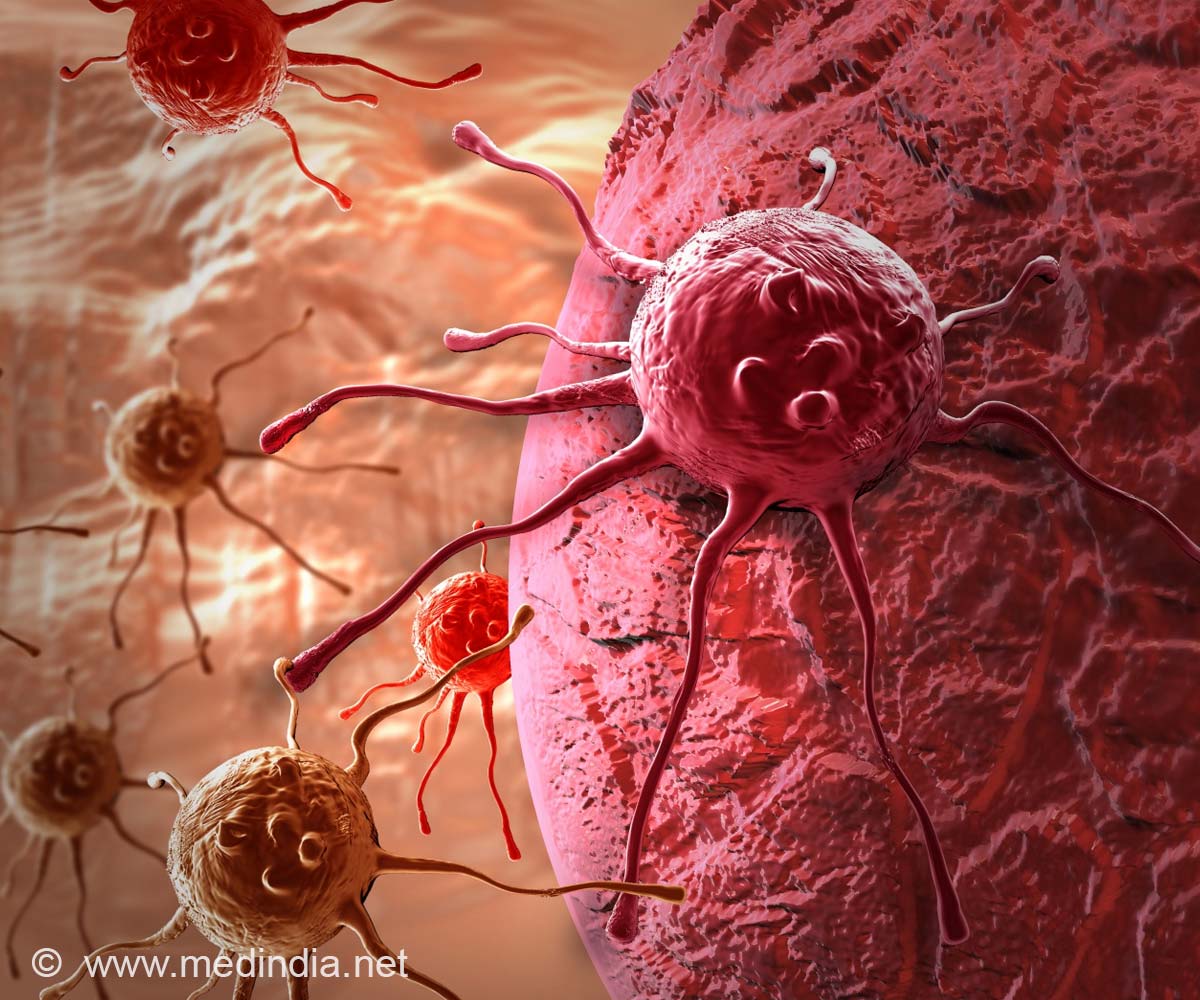New test developed could result in tailored treatment for those diagnosed with invasive lobular breast cancer.

‘The new research is a positive step forward and one which empowers oncologists and breast cancer patients to have control over their treatment.
’





"If an oncologist could look at test results and say, 'we don't believe you would benefit from chemotherapy', then it would have been nice to be given this choice," Ms Jensen said.
Diagnosed with high-grade invasive lobular breast cancer in June 2014, Ms Jensen underwent a mastectomy, chemotherapy, radiation and hormone therapy. "I am a full-time worker and a mother of two teenage boys," she said.
"If I could have skipped anything in my treatment which would not have impacted my outcome, it would have been chemotherapy."
UQ Centre for Clinical Research scientist Dr Amy McCart Reed said the test could result in tailored treatment for those diagnosed with invasive lobular breast cancer. "Using gene profiling, we can identify which patients are unlikely to need chemotherapy," Dr McCart Reed said.
"It means we could protect a significant amount of patients from enduring needless chemotherapy." Invasive lobular breast cancer is the second most common type of breast cancer with 2000 Australian women diagnosed every year.
Advertisement
"It is very hard to tell at diagnosis which patients will do well from those who will not be so lucky, which means chemotherapy may be prescribed," Dr McCart Reed said. "In this study, we pulled together a set of 194 genes that, when working together, act as a signature to help clarify which patients are likely to have a positive outcome with their breast cancer.
Advertisement
"If they have a high-risk signature score, we could continue to recommend chemotherapy as the course of treatment.
"In our lab, we are trying to work towards precision oncology and do our best to match people to treatments that will work for them."
Joy Jenson said having a test like this available at diagnosis would bring hope and a brighter future to women like her.
Source-Eurekalert















